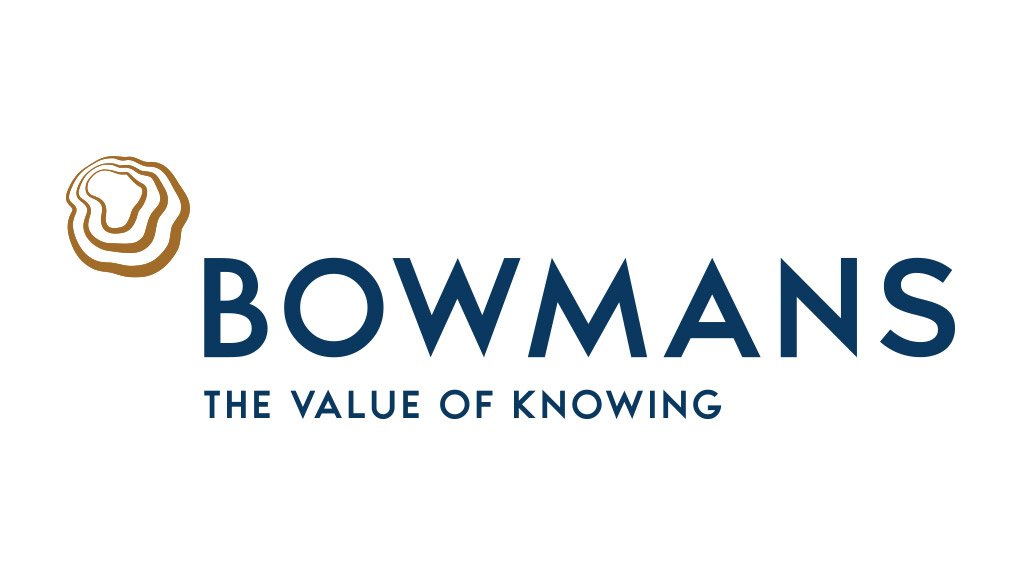Kenya is poised to become a regional leader in the regulation of virtual assets with the enactment of the Virtual Asset Service Providers Act, 2025 (Act). After extensive stakeholder engagement and parliamentary review, the Act was passed by the Kenyan Parliament on 7 October 2025. The commencement date of the Act will be confirmed once the Act is published in the Kenya Gazette. The Act introduces a regulatory and licensing framework for virtual asset service providers (VASPs), reflecting a progressive consideration of the unique needs of the Kenyan and East African markets.
Establishment of a regulatory framework
Regulatory leadership
The Central Bank of Kenya (CBK) and the Capital Markets Authority (CMA) will be the dual regulators for virtual assets in Kenya. This replaces the previously proposed establishment of the Virtual Assets Regulatory Authority (VARA), which was to be a dedicated, multi-agency body, responsible for the oversight of all virtual asset activities in Kenya.
Regulations and market-entry rules.
The Cabinet Secretary for the National Treasury is expected to publish the enabling regulations to operationalise the Act. In tandem, the CBK and CMA will also prepare the market entry rules and procedures for the players in the virtual assets’ ecosystem.
Regional context
The above approach aligns Kenya with leading regulatory models in the region and globally such as the European Union’s Markets in Crypto-Assets Regulation (MiCA), South Africa and Mauritius, thus providing clarity and efficiency for market participants and supporting cross-border cooperation within the East African Community (EAC).
In addition, this positioning reinforces Kenya’s role as a regional hub for virtual asset activity by providing an entry hub into the region for providers wishing to operate across the EAC. Notably, some countries within the EAC are yet to enact comprehensive virtual asset legislation thus creating a regulatory gap that the Act will help to mitigate through clearer standards and enhanced cooperation mechanisms.
Licensing regime: Eligibility, process, and categories
The licensing regime is expected to cover multiple categories such as virtual asset wallet providers, stable coin issuance, tokenisation of real-world assets, token issuance, investment managers, exchanges, trading platforms, clearing and settlement platforms among others.
Regulatory coordination and consumer protection
The Act explicitly provides for consumer and investor protection, financial inclusion, and global cooperation. VASPs will be required to implement robust internal controls, business continuity plans, and data protection measures in line with Kenyan law.
Anti-Money Laundering and Counter-Terrorism Financing (AML/CFT)
The AML and CFT provisions of the Act are intended to complement the AML/CFT provisions contained in the Proceeds of Crime and Anti-Money Laundering Act (POCAMLA) and the Prevention of Terrorism Act, which may however require amendments to recognise VASPs as reporting institutions.
VASPs will be required to implement digital KYC, transaction monitoring, and periodic risk assessments, and are subject to both on-site and off-site regulatory inspections.
Conclusion
The Virtual Asset Service Providers Act, 2025, as amended and passed, represents a significant step forward for Kenya and the wider East African region in the regulation of digital assets. The establishment of a dual-regulatory regime, a streamlined and risk-based licensing regime, and enhanced consumer and market protections, position Kenya as a progressive and attractive jurisdiction for virtual asset innovation and investment.
Legal professionals, financial institutions, and market participants should closely review the new requirements and prepare for compliance as the Act now moves towards implementation.
Written by Daniel Mwathe and Dominic Indokhomi, Partners, and Cynthia Amutete and Richard Odongo, Senior Associates, Bowmans Kenya
EMAIL THIS ARTICLE SAVE THIS ARTICLE ARTICLE ENQUIRY FEEDBACK
To subscribe email subscriptions@creamermedia.co.za or click here
To advertise email advertising@creamermedia.co.za or click here











